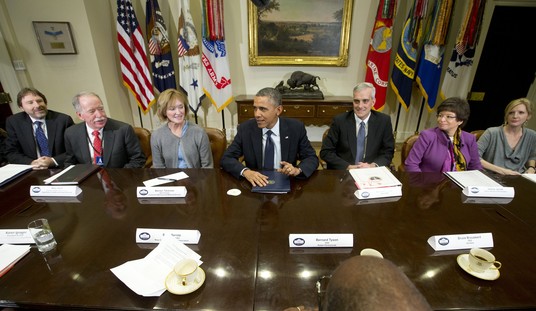An Italian study from last week suggests coronavirus possibly hit Europe in September 2019. Researchers published their findings in Tumori Journal looking at the presence of coronavirus antibodies within almost a thousand people involved in a lung cancer trial.
SARS-CoV-2 RBD-specific antibodies were detected in 111 of 959 (11.6%) individuals, starting from September 2019 (14%), with a cluster of positive cases (>30%) in the second week of February 2020 and the highest number (53.2%) in Lombardy. This study shows an unexpected very early circulation of SARS-CoV-2 among asymptomatic individuals in Italy several months before the first patient was identified, and clarifies the onset and spread of the coronavirus disease 2019 (COVID-19) pandemic. Finding SARS-CoV-2 antibodies in asymptomatic people before the COVID-19 outbreak in Italy may reshape the history of pandemic.
Italy’s first coronavirus case was reported in January, however, a previous study in Italy suggested the virus was in their water supply in December. It’s no new theory that coronavirus may have been circling the globe sooner than China and the World Health Organization originally speculated. Doctors in France reported at least one pneumonia patient later tested positive for the virus in late December 2019. Again, before China reported the virus existed to the WHO.
Understanding when the pandemic started and managing it now are two different topics. It’s certainly possible health systems could have responded quicker to the virus if its existence was reported sooner. Better treatments may become available sooner as do better methods of detection. The Wall Street Journal reported the Center for Clinical Data Science in Massachusetts started their modeling in March when American lockdowns became en vogue. Perhaps, the data modeling could have started in December or January if it’s true coronavirus started making its way across the globe sooner than originally believed.
The only question is whether the response to the pandemic would have been any different. It’s likely government across the world still would have enacted lockdowns and closed economies for months on end. Which means the global economy likely suffers more than it already has in 2020. Perhaps, the situation improves so counties avoid newer lockdowns but that’s heavy on speculation and light on facts.
What happens in the future when coronavirus is eventually, hopefully, under control is what interests me. There will be politicians looking to enhance their own standing with their populace who will seek punitive damages from China on coronavirus. The troubling part is how China might react to further isolation. The situation in Hong Kong proves China prefers stifling dissent versus admitting any failures due to the idea of “saving face.” It’s likely China seeks to expand its holdings through force instead of lesser state control. CATO’s Doug Bandow expressed similar concerns in May. Via Foreign Policy:
Launching a full-scale economic war would roil relations across the board. Attacking the Chinese economy and hunting Chinese assets worldwide would inflame nationalist sentiments there, even without the Chinese government’s assistance. The regime could not help but battle back and do so in any forum available. While economic conflict does not guarantee military confrontation, the disintegration of commercial cooperation and contact that once provided the glue in the relationship between very different systems would yield an incendiary environment.
Moreover, Washington would put almost every country on Earth in the middle of a collision between the two most important—and by some measures, at least, most powerful—nations. This would transmit great-power conflict around the globe. Every government would have to decide who to support and who to defy. The United States might be surprised at some decisions: Though many countries are angry with Beijing, they are not likely to appreciate America making them take sides.
President-Elect Joe Biden is already attempting to look tougher on China. Likely Defense Secretary pick Michele Flournoy wrote in Foreign Affairs in June China had to know the U.S. military could and would “sink all of China’s military vessels, submarines, and merchant ships in the South China Sea within 72 hours.” It’s not likely China sees Biden as a Beijing Dove despite claims from President Donald Trump and his campaign.
A better path through diplomacy exists, including ending trade wars all across the globe. Whether Washington, DC has the stomach for an end to them is the better question. The answer is, sadly, no meaning more conflict is on the horizon.








Join the conversation as a VIP Member